Ilya Kaler - Glazunov, Dvořák: Violin Concertos (1994)
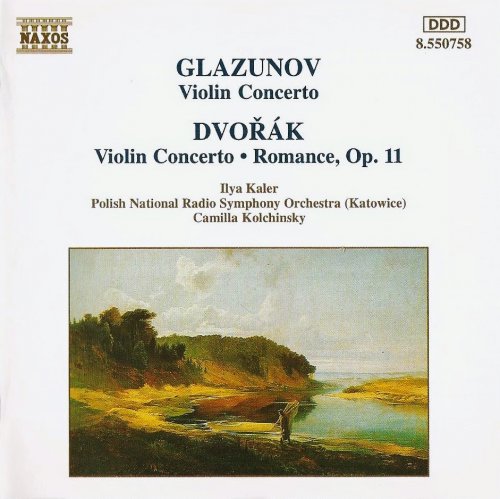
Artist: Ilya Kaler
Title: Glazunov, Dvořák: Violin Concertos
Year Of Release: 1994
Label: Naxos
Genre: Classical
Quality: FLAC (tracks) / MP3 320 Kbps
Total Time: 62:57
Total Size: 330 mb
WebSite: Album Preview
Tracklist: Title: Glazunov, Dvořák: Violin Concertos
Year Of Release: 1994
Label: Naxos
Genre: Classical
Quality: FLAC (tracks) / MP3 320 Kbps
Total Time: 62:57
Total Size: 330 mb
WebSite: Album Preview
1. Glazunov - Violin Concerto In A Minor, Op. 82: Moderato - Andante Sostenuto - Allegro 20:11
Dvořák - Violin Concerto In A Minor, Op. 53
2. Allegro Ma Non Troppo 10:32
3. Adagio Ma Non Troppo 10:10
4. Allegro Giocoso, Ma Non Troppo 9:07
5. Dvořák - Romance For Violin And Orchestra In F Minor, Op. 11 12:46
Performers:
Ilya Kaler - violin
National Polish Radio Symphony Orchestra in Katowice
Camilla Kolchinsky - conductor
Gone are the days when the Dvorak Violin Concerto was neglected on disc. Among the 20-odd rival recordings listed in the catalogue there are many outstanding versions, including at least one, Tasmin Little's on CfP, at bargain price. Naxos now offer another, with the Dvorak Concerto generously coupled not only with the Romance (often the only extra on recordings of this work) but with another high-romantic, Slavonic violin concerto, the Glazunov. The disc makes an outstanding bargain despite some reservations.
The prize-winning Russian violinist, Ilya Kaler born in Moscow in 1963, has already recorded concertos by Paganini and Schumann for Naxos (12/93), and here again he demonstrates not only his supremely confident virtuosity but the gift of conveying warm expressiveness without a hint of mannerism, keeping rubato to a minimum. Add to that his centre-of-note intonation, and the results are very satisfying. Kaler's tempos in all three movements of the concerto are on the fast side, but that only seems to make him relish the fireworks more, notably in the Slavonic dance of the finale which goes at a scintillating speed, with fun and sparkle allied to thrust and power, and with the al Slavonic rhythms delightfully pointed.
The purposefulness of Kaler's playing, and that of Camilla Kolchinsky, one of the few Russian women to have made a successful international career as a conductor, is impressive too in the first movement, where the episodic structure can easily fall apart. Yet a more relaxed, more spacious view like that of Tasmin Little, with the lyrical passages given warmer espressivo treatment, points to a relative lack of tenderness in Kaler's reading, with contrasts of mood slightly underplayed. That impression is increased by a touch of glassy tone in the forwardly balanced solo violin, while the orchestral sound is rather opaque in tuttis. There is a lack of transparency too in the slow movement with the violin rarely sounding hushed. The flowing speed contrasts with the tempo Kaler chooses for the Romance, which by contrast with the concerto is expansive as well as warmly expressive.
Any reservations are marginal only, particularly in a disc offered at so reasonable a price, and the Glazunov which comes first on the disc—brings similar qualities, with the Polish orchestra again playing with freshness and point. The big melody of the second section is rich and warm without a hint of sentimentality, and the galloping rhythms of the finale are the more infectious for being taken at a well-judged, unhectic speed, again full of fun. But why just a single track for the whole work, when it is always helpful to have separate access points for the clearly differentiated sections?'
The prize-winning Russian violinist, Ilya Kaler born in Moscow in 1963, has already recorded concertos by Paganini and Schumann for Naxos (12/93), and here again he demonstrates not only his supremely confident virtuosity but the gift of conveying warm expressiveness without a hint of mannerism, keeping rubato to a minimum. Add to that his centre-of-note intonation, and the results are very satisfying. Kaler's tempos in all three movements of the concerto are on the fast side, but that only seems to make him relish the fireworks more, notably in the Slavonic dance of the finale which goes at a scintillating speed, with fun and sparkle allied to thrust and power, and with the al Slavonic rhythms delightfully pointed.
The purposefulness of Kaler's playing, and that of Camilla Kolchinsky, one of the few Russian women to have made a successful international career as a conductor, is impressive too in the first movement, where the episodic structure can easily fall apart. Yet a more relaxed, more spacious view like that of Tasmin Little, with the lyrical passages given warmer espressivo treatment, points to a relative lack of tenderness in Kaler's reading, with contrasts of mood slightly underplayed. That impression is increased by a touch of glassy tone in the forwardly balanced solo violin, while the orchestral sound is rather opaque in tuttis. There is a lack of transparency too in the slow movement with the violin rarely sounding hushed. The flowing speed contrasts with the tempo Kaler chooses for the Romance, which by contrast with the concerto is expansive as well as warmly expressive.
Any reservations are marginal only, particularly in a disc offered at so reasonable a price, and the Glazunov which comes first on the disc—brings similar qualities, with the Polish orchestra again playing with freshness and point. The big melody of the second section is rich and warm without a hint of sentimentality, and the galloping rhythms of the finale are the more infectious for being taken at a well-judged, unhectic speed, again full of fun. But why just a single track for the whole work, when it is always helpful to have separate access points for the clearly differentiated sections?'
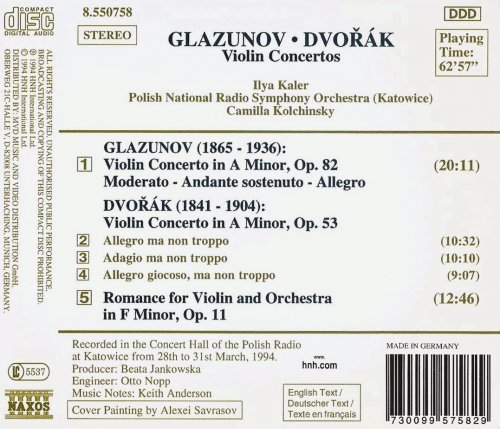
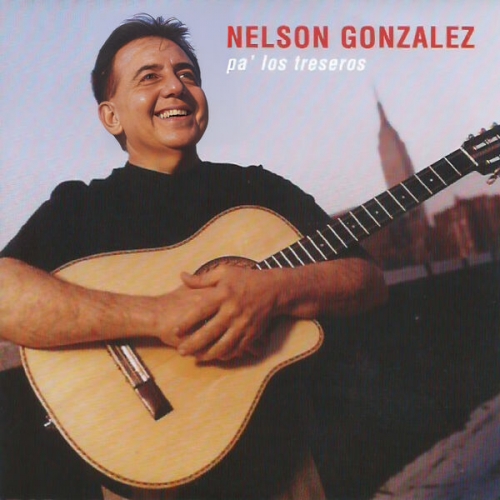
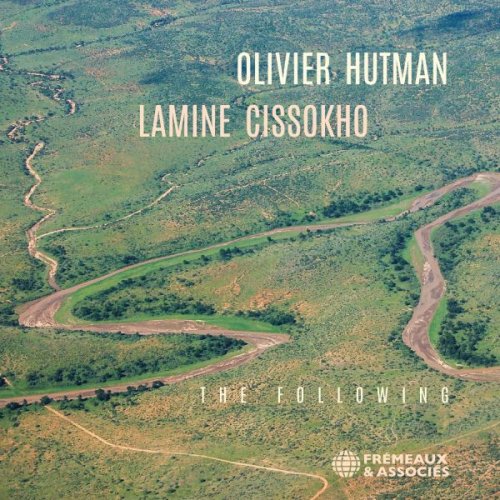
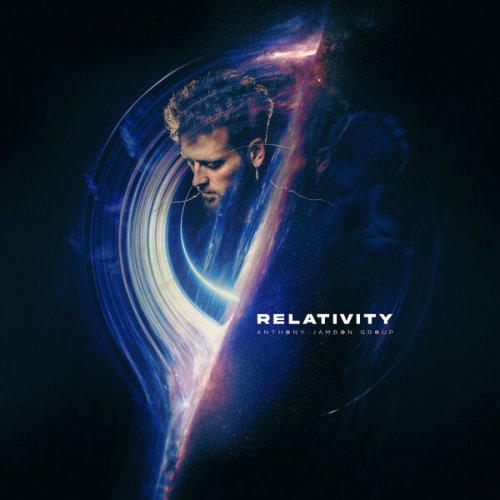
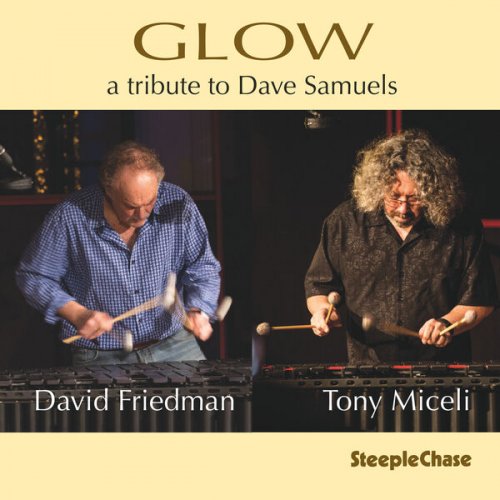
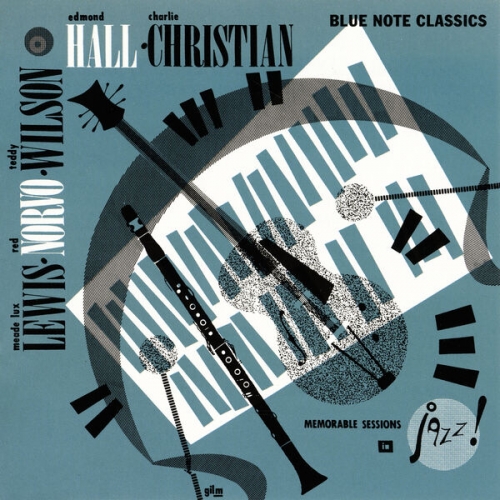
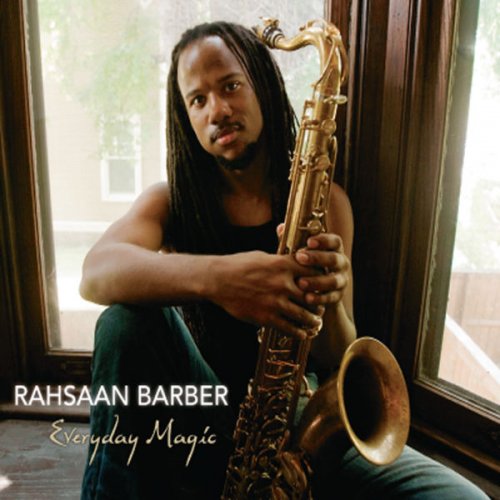
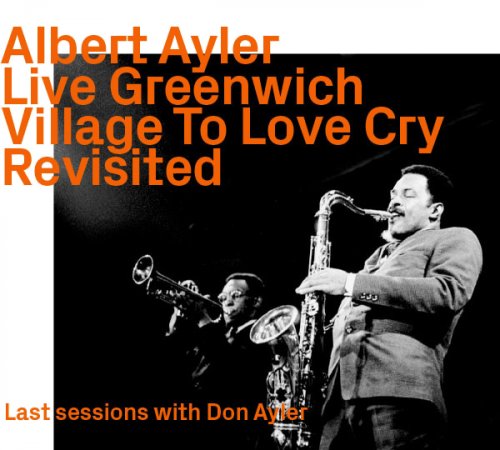
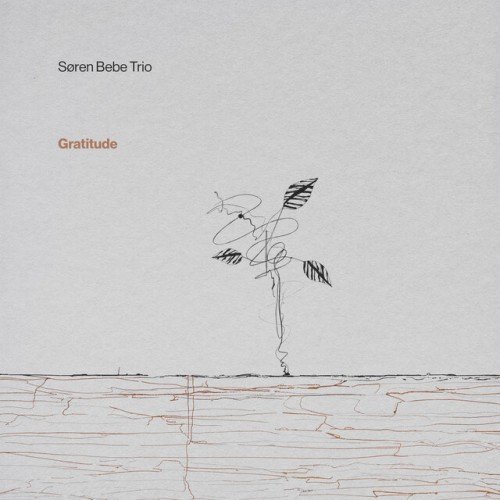
![Mark De Clive-Lowe, Andrea Lombardini and Tommaso Cappellato - Dreamweavers II (2026) [Hi-Res] Mark De Clive-Lowe, Andrea Lombardini and Tommaso Cappellato - Dreamweavers II (2026) [Hi-Res]](https://www.dibpic.com/uploads/posts/2026-02/1772112550_tl3tb7yl8u13z_600.jpg)